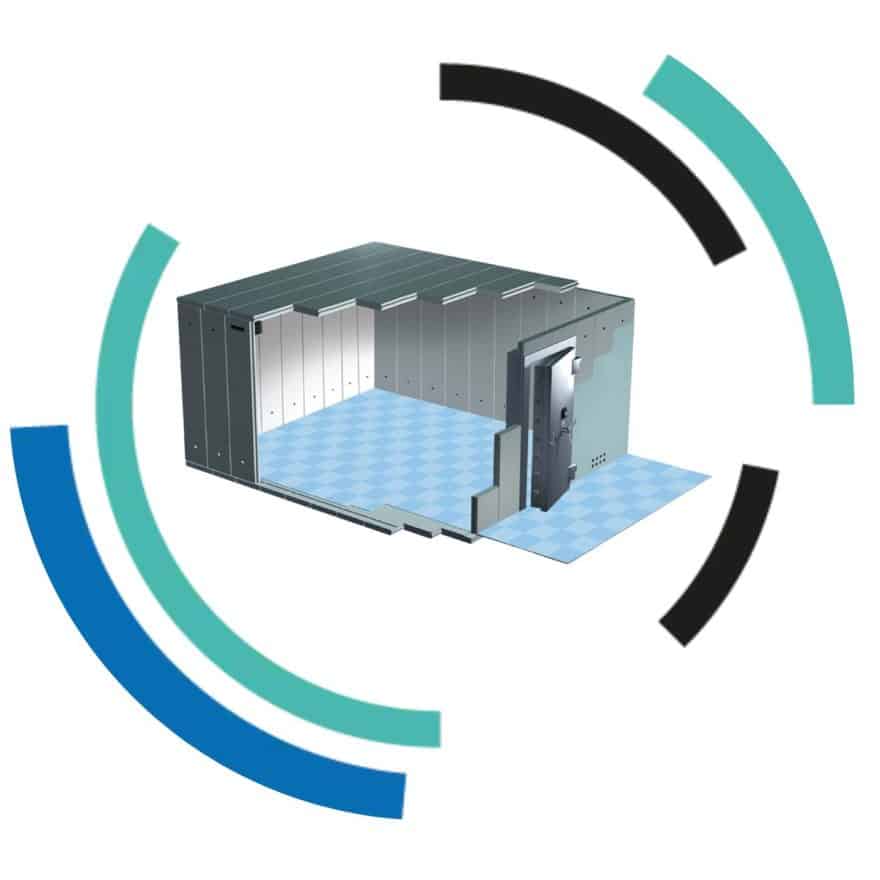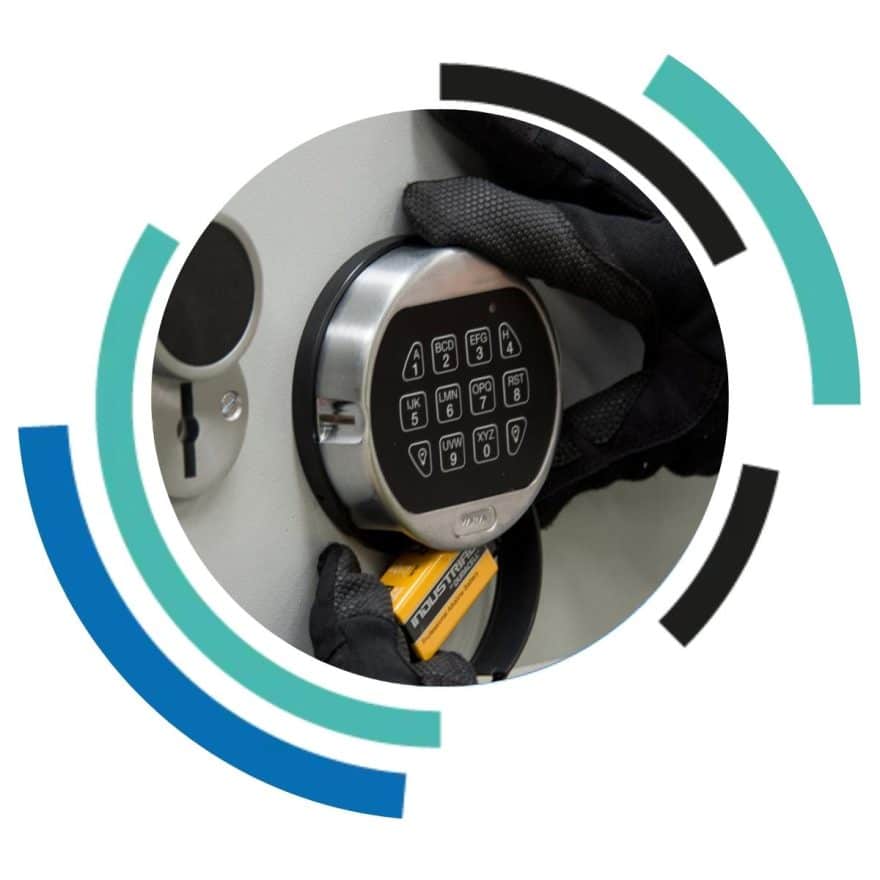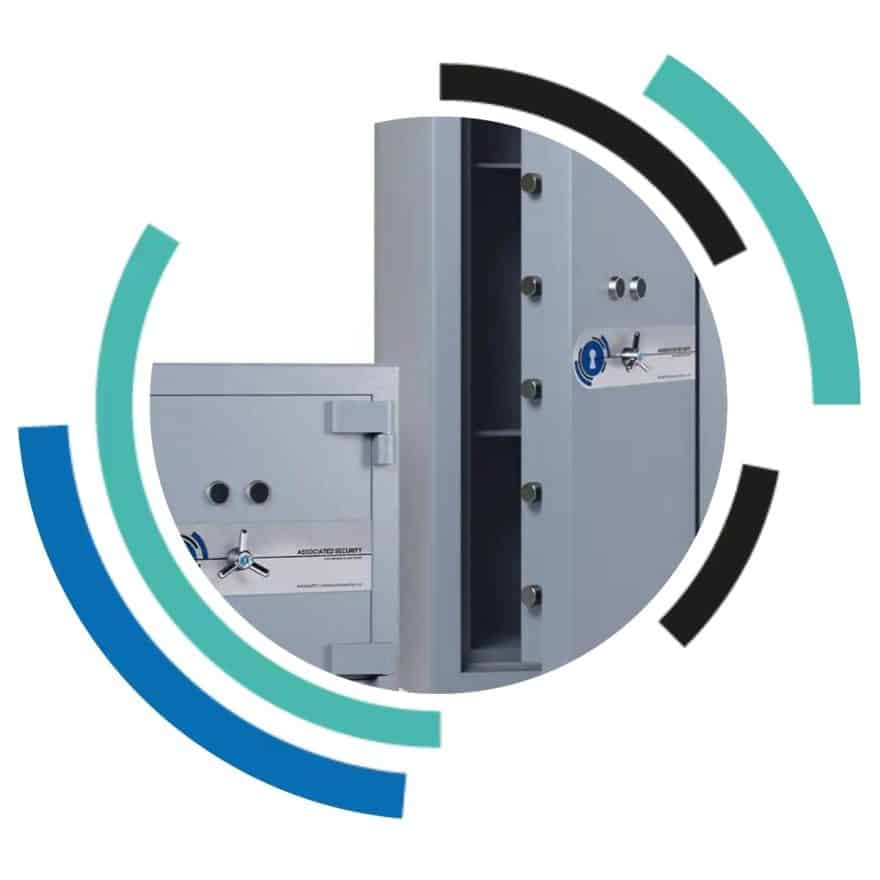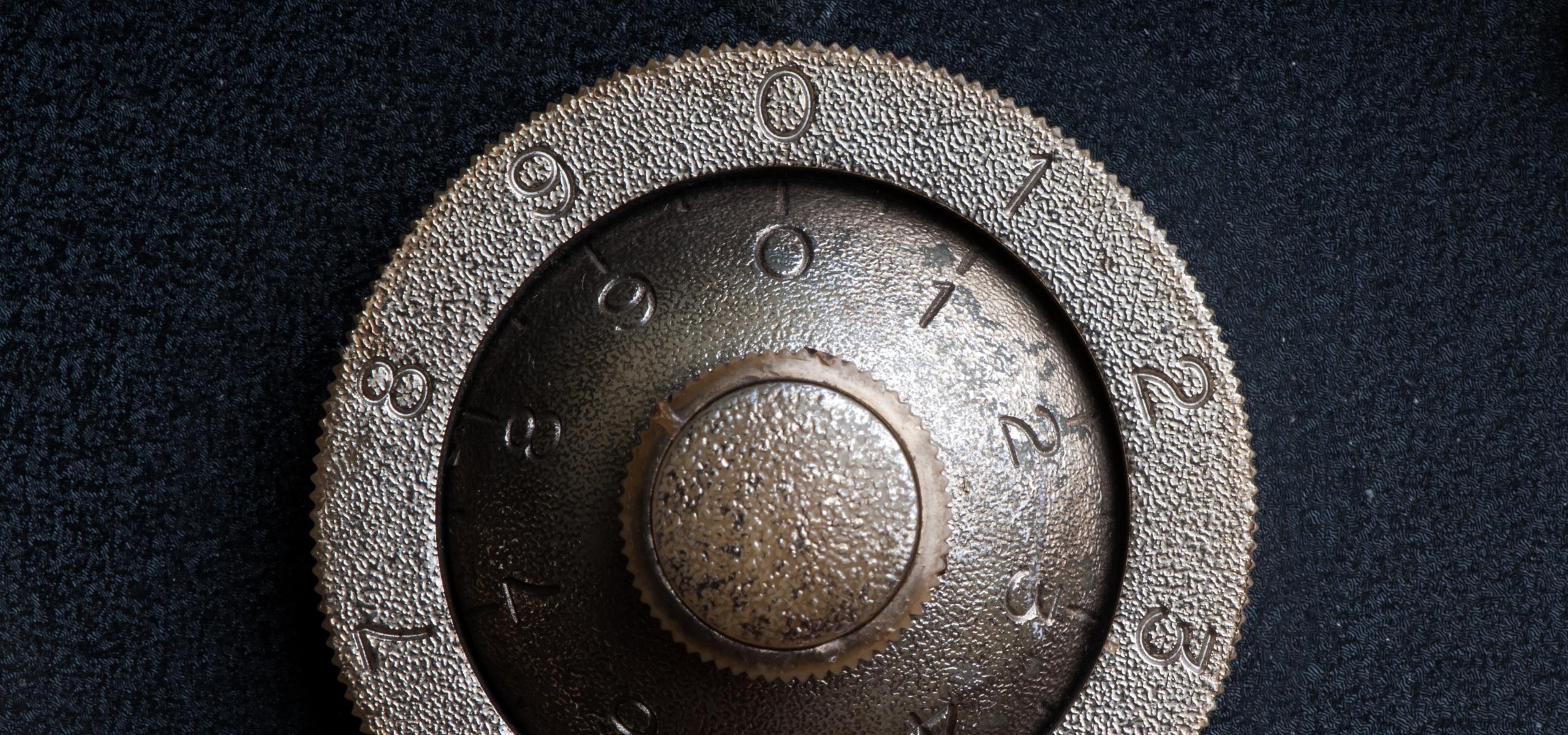Associated Security News
Facts about safes you might not know
12th May 2021
Facts about safes
Looking for a safe can be a daunting task as there are many features and different options to choose from. At Associated Security, we offer a wide range of safe options and security solutions, which may leave you confused as to what you require. Read on to find out 15 things about safes and locks you might not know!
What Don’t I Know About Safes?
1- Safes were actually invented in England by two locksmith brothers named Charles Chubb and Jeremiah Chubb around 1835. Their goal was to create a lockable box that would be resistant to burglars. Their invention eventually led to the Chubbsafes Company that we still supply today.
2- The earliest known locks were developed around 4,000 years ago by the Ancient Egyptians.
3- In Ancient Egypt, keys were seen to be a symbol of wealth as not many people could afford to have safes or lockable doors.
4- Wall safes are typically lighter than free-standing floor safes due to the requirement of fitting inside a wall.
5- Fire-resistant safes are usually rated by the amount of time that the contents can withstand the high temperatures that a fire produces, whilst not exceeding z set internal temperature. Models usually are available with 30-minute protection, up to 4 hours in some cases.
6- Safecracking, usually portrayed in films and the media, is a lot more difficult than it is made to seem. Stethoscopes don’t do the job.
7- Safes can be fitted with four different types of deposit options, these are rotary, slot, drawer and capsule cash deposit systems.
8- Fire-resistant safes are tested to BS EN1047 standard in the UK.
9- Locking options from Associated Security can include a standard key locking system, the 39E digital safe lock, F tech master digital lock, 528 digital safe locks, 6630 3 wheels mechanical combination lock and the 6640 4 wheel mechanical combination lock. Find out more about our safe locks.
10- Demountable safes are made out of 5 to 6 panels for the body and 1 or 2 doors, making it easy to install in areas where access is restricted and larger safes are needed.
11- Strongrooms and vaults were introduced by the 1920s to banks due to repeated robbery attempts.
12- Underfloor safes are installed within the concrete of your floor, meaning they take up little to no space and are completely concealed from view.
13- Safes are tested to the European standard of EN 1143-1 which is the main testing standard for safes, ATM safes, strongroom doors and strongrooms.
14- Jewellery safes are usually high security, fire-resistant safes made specifically to house jewellery and valuables.
15- Cash ratings reflect the value of the cash that can be stored within the safe overnight and be covered by insurance. Valuables ratings are ten times the amount of the safes cash rating and determine the value of items stored within the safe overnight.
Do I Need A Safe?
If you feel as though you require added security for your cash and valuables then a safe will provide high-security protection and peace of mind. At Associated Security, we have a wide range of safes for both domestic and commercial use Available in Grades 0 to Grade 6.
Find out more about our range of high-security products and services, or get in touch to discuss your requirements, call 0161 832 2777.
Get in Touch
Make an enquiry
PLEASE NOTE: Emails are monitored during normal office hours only. If you require urgent attendance of a locksmith or safe engineer please call our help desk on 0161 832 2777.



